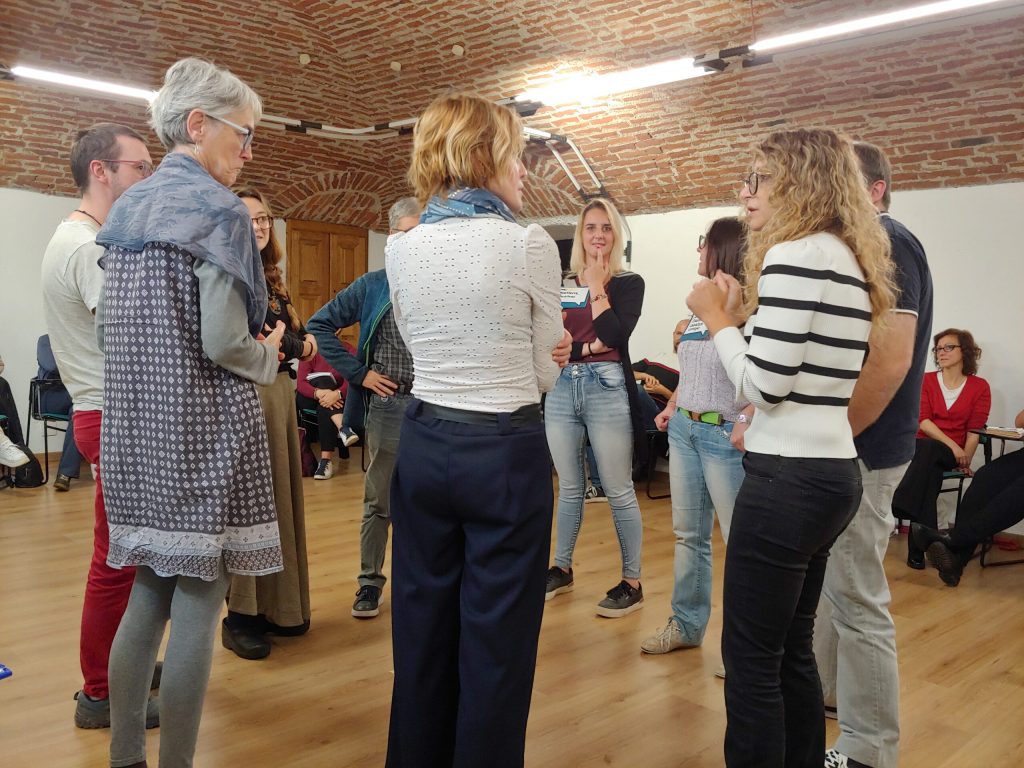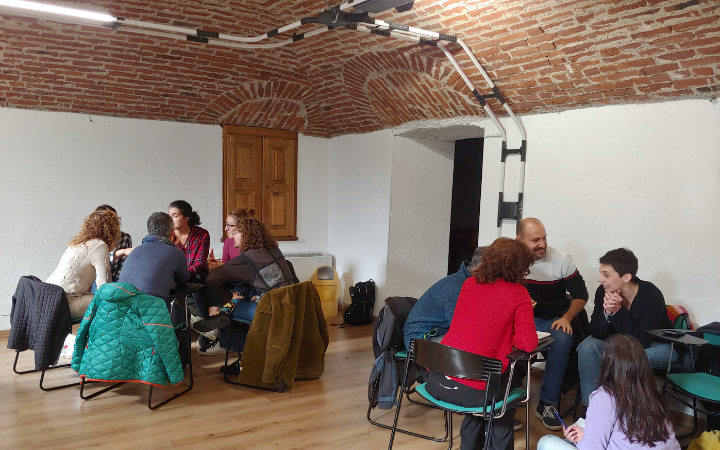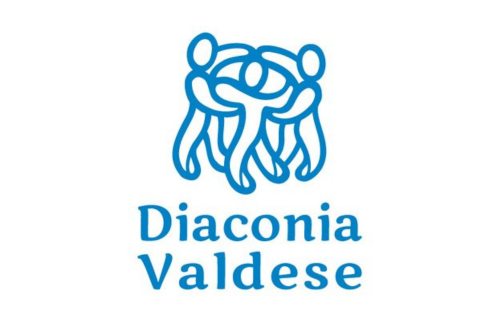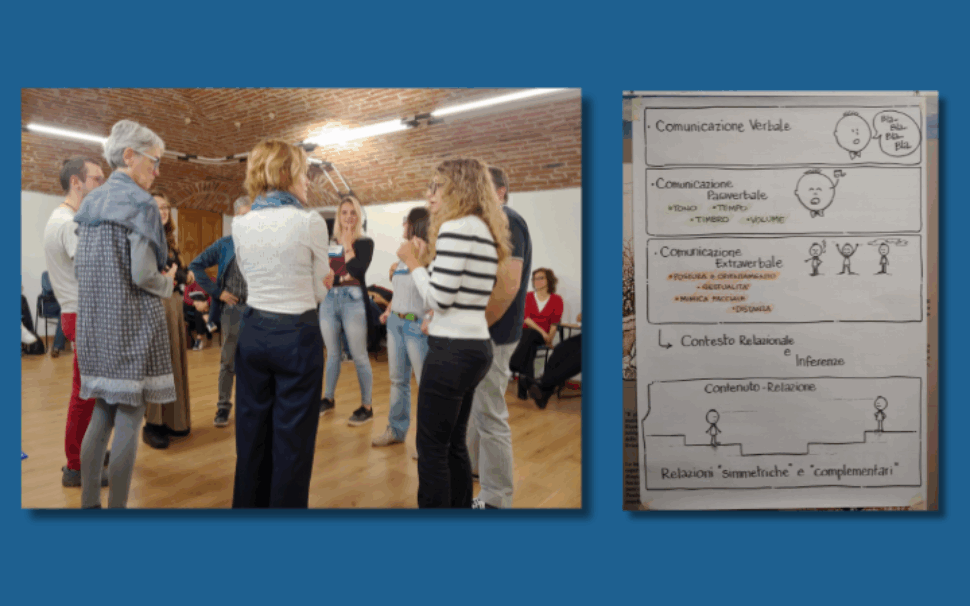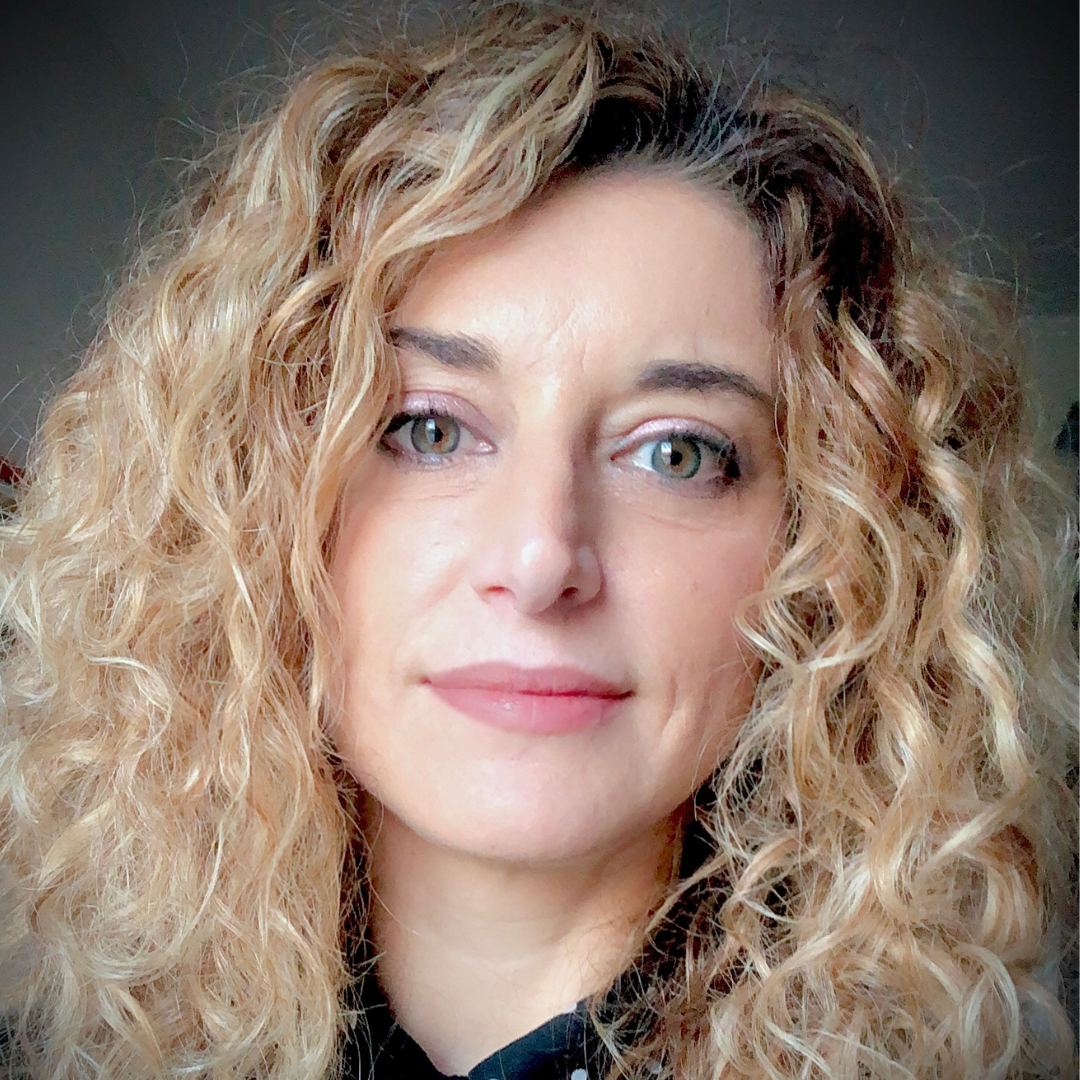Diaconia Valdese: welcome and inclusion at the service of people
Founded in 1993, Diaconia Valdese is a non-profit ecclesiastical entity that coordinates the social activity of the Waldensian Church. The Entity manages assistance and welcome structures and services throughout Italy, offering support to elderly people, minors, youth, disabled people, migrants. Activities are organized into four main areas: health services, inclusion services, educational services and Waldensian houses.
With 659 employees, 255 volunteers, 22 services and activities, and 8 Waldensian houses, Diaconia Valdese reaches about 50,000 direct and indirect beneficiaries every year, confirming itself as a reference point in assistance and volunteering.
The Amapola project
Amapola supported the Inclusion Services area in designing and implementing a conflict management laboratory aimed at its administrative staff. The process objective was to improve internal communication, strengthen relationships among colleagues and promote a climate of trust and collaboration within the organization. To achieve these objectives, the project was structured in three fundamental phases:
-
- Initial assessment A listening and analysis phase, dedicated to understanding the state of internal communication and existing relational dynamics. Through interviews and feedback and document collection, we identified strengths and criticalities of the work context.
-
- Internal alignment meeting A plenary meeting with Entity management to share assessment results and align expectations.
-
- Conflict management laboratories Heart of the project, the laboratories took place in a collaborative and dynamic environment, where participants could directly experiment with techniques and tools to improve conflict and negativity management.
The laboratory
During the laboratories, we worked on different levels: from understanding relational dynamics that transform contrasts into conflicts, to using active listening techniques and non-violent communication to address critical situations. Participants were involved in practical exercises, role playing and simulations based on real cases emerged during the process. This experiential approach allowed exploring effective ways to prevent conflicts, overcome communication barriers and strengthen collaboration among colleagues.
Particular attention was dedicated to using constructive feedback and non-violent communication, fundamental tools to favor transparency and reduce misunderstandings. The laboratory concluded with the development of shared best practices, which participants can apply daily to transform negative behaviors into opportunities for personal and professional growth.
Thanks to this process, Diaconia Valdese’s Inclusion Services staff acquired practical skills and effective tools to improve internal relationship quality, contributing to creating a more serene, productive and cohesive work environment.
